Learning and Skills Mentor
Level 4
Course Summary
A Learning Mentor is your in-house support network: their role is to guide learners on their educational journey. They’ll work closely with students, helping to identify strengths and weaknesses, set achievable goals, and develop study plans that’ll give learners the best chance possible of success. Not only that, but they’ll have real-world experience and knowledge in the learners chosen subject, so they’re well-placed to guide students with solid advice that works.
-
Individual employers will determine the entry criteria, but this will typically include:
- GCSEs grade C/4 or above in maths & English.
- Other relevant qualifications or experience.
- A strong aspiration to support learners.
- Recent experience and knowledge relevant to the context of the mentoring role (e.g. current industry standards).
You have to be aged 16 years or over and must be working in the Digital sector for at least 30 hours a week.
You also need to be a resident in England and not in full-time education.
Candidates who have not achieved Maths, English and ICT skills at Level 2 (equivalent to GCSE Grade C/4 or above) prior to commencing their training, will need to achieve this before taking their end-point assessment.
-
Think of a Learning Mentor as a personal tutor, helping students make the most out of their courses whilst providing guidance and coaching throughout the process. They’re motivating and inspiring, helpful and understanding. It’s a role which requires a great deal of empathy and strong communication skills.
Potential job roles include:
Vocational Trainer
Performance Coach
Academic Tutor
Training Manager
Talent Development Manager
Corporate Trainer
-
Learning Mentors will work closely with colleagues, other ETS professionals, employers and human resource colleagues to meet learners’ needs and help them achieve their potential. This will cover a broad range of tasks, including but not limited to:
Help students to apply theoretical knowledge in practical settings
Train students in areas they are struggling with
Be a sounding board for students who are struggling/need extra support
Monitor learners progress and provide regular feedback to help them stay on track
Maintain records of learner progress and prepare reports as and when required
To achieve final certification, the apprentice must pass their End-Point Assessment (EPA).
A pass in the EPA will demonstrate that the Apprentice can apply the knowledge, skills and behaviours required by the standard.
Talk to our team today
Ask our team a question about our courses, how to get started or anything else to do with The Colleges Partnership here, we will get back to you as soon as possible.

